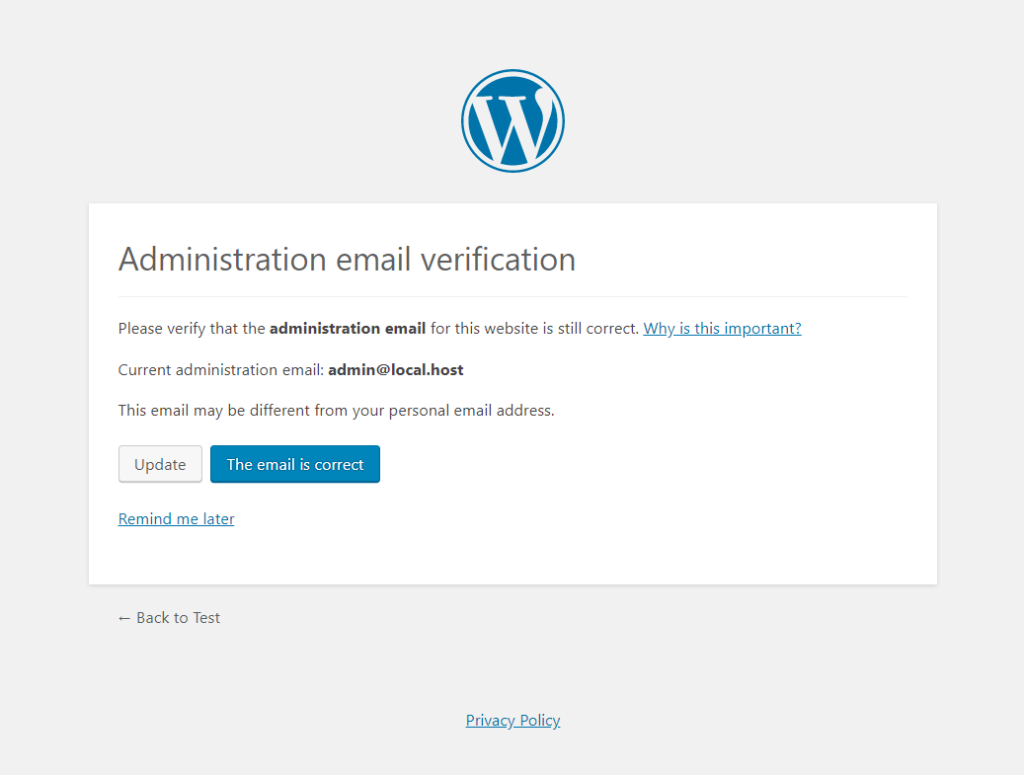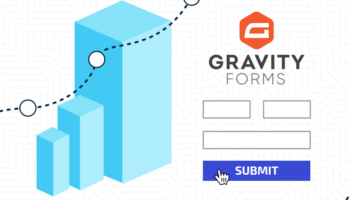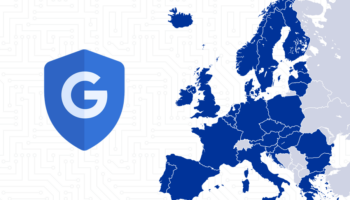November has come to a close and it was a busy time for the web development community. Let’s take a look back on what happened throughout the month. WordCamp US took place at the beginning of the month, WordPress released its final major updates of the year, WooCommerce put out two minor releases, and the latest version of PHP dropped — version 7.4.
WordCamp US
WordCamp US, the largest WordPress conference of the year, took place from November 1-3 in St. Louis, Missouri. As usual, co-founder, Matt Mullenweg, delivered his “State of the Word” on the progress and upcoming expectations of WordPress.
State of the Word / TLDW
2019 Wrap-Up:
- 141 WordCamps (34 in new cities)
- 17 KidsCamps
- 5,000+ WordPress Meetup events
- 16 do_action Charity Hackathons where volunteers created websites for nonprofits
- 1,122 unique contributors to WordPress — the most ever
Gutenberg News:
- The controversial launch last year in WP 5.0 release
- There have been 20 Gutenberg plugin releases since its launch
- Number of Gutenberg contributors has grown from 200 to 480
- Surpassed 50 million posts made with the Gutenberg editor — over 270,000 per day (from sample size)
- From version 5.0 to 5.3 Gutenberg load times have been cut in half from 8.3s to 4s
What’s Next for Gutenberg:
- Continuing to roll out their 4 phase plan
- Phase 1: Easier editing – tackling usability problems with the former editor; at the tail end of this one
- Phase 2: Customization – fully integrating Gutenberg for full-site editing; in the thick of this one
- Phase 3: Collaboration – implementing real-time co-editing for sharing and previewing
- Phase 4: Multilingual – full support for multilingual sites in WordPress core and Gutenberg
WordPress 5.3 Release
WordPress released version 5.3, their third and final major release of 2019. The two big additions included loads of Gutenberg improvements and the new default Twenty Twenty theme. It also included improvements to the date/time functionality, compatibility for PHP 7.4 which was just released, image upload improvements, site health check improvements, and admin email verification. Let’s take a look at some of the notable additions.
Gutenberg Improvements
This update consisted of over 150 block editor improvements and features. There have been a couple of image improvements as a result of massive background images being uploaded for use on the cover block: images are now scaled down to 2560px wide (or a custom value) if it’s too large and will retain a copy of the original, and images will now auto-rotate based on the embedded orientation data so images are always displayed as intended.
They also introduced a new group block to create sections and easily set background color and alignment. Along with that came a bunch of accessibility improvements including snackbar notices — low-priority messages that pop up and auto-clear after a short delay.
Admin Email Verification
When admins log in to the backend, they will be promoted with an “Administration email verification” screen to verify the admin email address set in the site options. This will pop up every six months (or longer if you choose to extend it using the filter) as a reminder to review. The idea was proposed as a supplement to the Site Health feature, as fatal errors and recovery emails are sent to that address. In the State of the Word, Matt Mullenweg also mentioned this email would be used more prevalently down the road, so ensuring its accuracy is important.

WooCommerce Releases
Version 3.8, a minor release, launched with a number of new Gutenberg blocks, including: Reviews by Product, Reviews by Category, All Reviews, and Product Search. These additions now add up to a total of 15 blocks released by the plugin. These blocks give users the ability to build more diverse and engaging layouts.

Additionally, the minimum supported version of PHP was bumped up to to 7.0 and WordPress to 5.0. There were also a number of tweaks, fixes, and new hooks added. As is customary, 3.8.1 dropped shortly after to resolve any additional bugs. The next big release is slated to come out in January of next year.
PHP 7.4
Each new update to PHP provides a bump in performance and reliability. This is a minor release but does continue to move the needle.
Besides the bump in performance, a large part of PHP 7.4 is deprecated features that will be either removed or changed in PHP 8, giving developers a good chunk of time to make any changes needed to correct these new notices without breaking any existing functionality in the meantime.
7.4 also brings some exciting new features such as Arrow Functions and Null coalescing assignment operators to make our code easier to read and understand. While most of WordPress can’t use these new features yet, as it still needs to support PHP 5.6.20+, our custom code for sites using PHP 7.4 can start taking advantage of these features.





